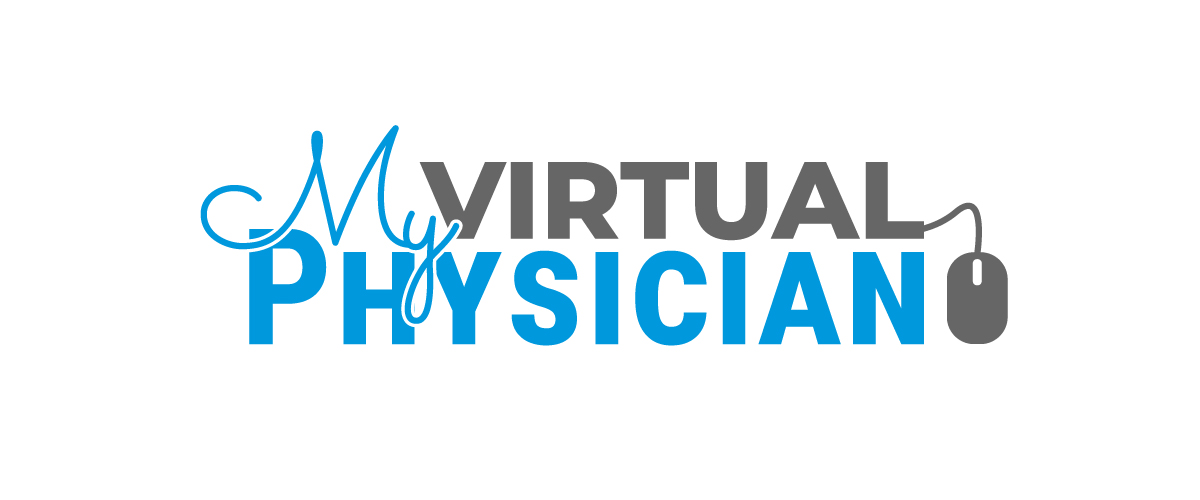Hormone therapy is one of the most well-known treatments for menopause symptoms. But what exactly does it involve, and how do you know if it’s right for you? At My Virtual Physician, we believe in empowering women with straightforward, accurate information so you can make the best decisions for your health.
What Is Hormone Therapy for Menopause?
Hormone therapy (HT), sometimes called hormone replacement therapy (HRT), is a treatment that supplements the body’s declining levels of estrogen and, in some cases, progesterone during and after menopause. The goal is to relieve common symptoms like hot flashes, night sweats, and vaginal dryness.
Main Types of Hormone Therapy
- Estrogen-Only Therapy (ET)
- Used for women who have had a hysterectomy (surgical removal of the uterus).
- Helps relieve hot flashes, night sweats, and vaginal symptoms.
- Available as pills, patches, gels, sprays, or vaginal rings/tablets.
- Combined Estrogen-Progestin Therapy (EPT)
- For women who still have their uterus.
- Progestin is added to protect the lining of the uterus from the effects of estrogen.
- Also available in various forms: pills, patches, and combination products.
- Low-Dose Vaginal Estrogen
- Delivered directly to the vaginal area via creams, tablets, or rings.
- Targets vaginal dryness, discomfort, and some urinary symptoms with minimal absorption into the bloodstream.
Benefits of Hormone Therapy
- Effective Relief: The most reliable way to reduce hot flashes, night sweats, and vaginal discomfort.
- Bone Health: Helps prevent bone loss and reduces the risk of osteoporosis-related fractures.
- Improved Quality of Life: Many women report better sleep, mood, and overall well-being.
Risks and Considerations
Hormone therapy isn’t right for everyone. Risks depend on your age, health history, type of therapy, and how long you use it.
- Potential Risks: Increased risk of blood clots, stroke, heart disease, and (with combined therapy) breast cancer, especially with long-term use.
- Timing Matters: Starting hormone therapy before age 60 or within 10 years of menopause is considered safest for most healthy women.
- Personalized Approach: Your provider will consider your symptoms, health history, and preferences to help you weigh the benefits and risks.
Is Hormone Therapy Right for You?
Hormone therapy can be life-changing for many women, but it’s not a one-size-fits-all solution. If you have a history of certain health conditions (like breast cancer, heart disease, blood clots, or stroke), non-hormonal options may be safer.
Always consult a healthcare provider who understands menopause care. They’ll help you review your options and make an informed choice.
My Virtual Physician: Your Partner in Menopause Care
Our board-certified providers at My Virtual Physician are experienced in menopause management. We’ll help you understand your choices, answer your questions, and create a plan that fits your needs and goals—all from the comfort of your home.
Ready to discuss hormone therapy or other menopause treatment options?



